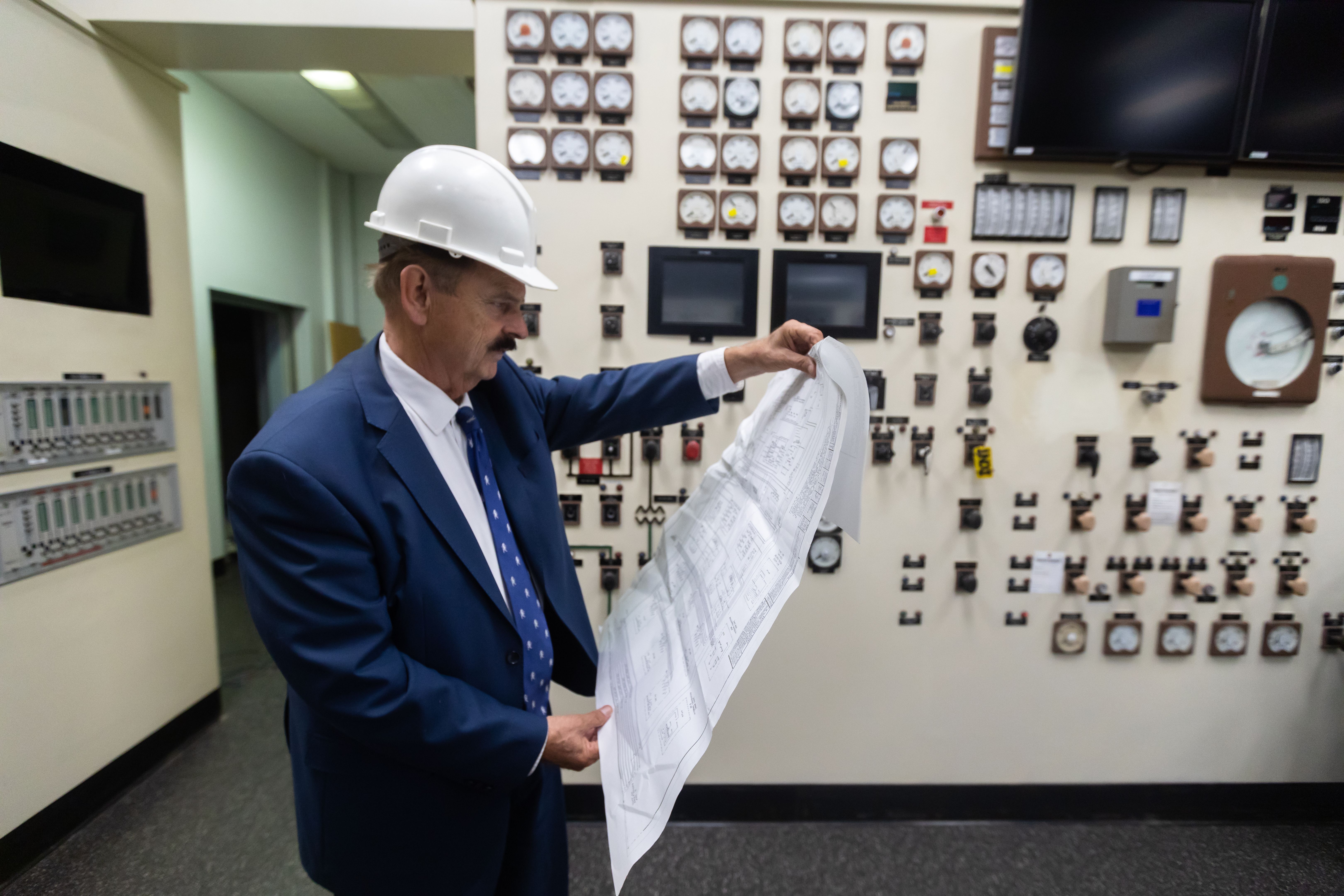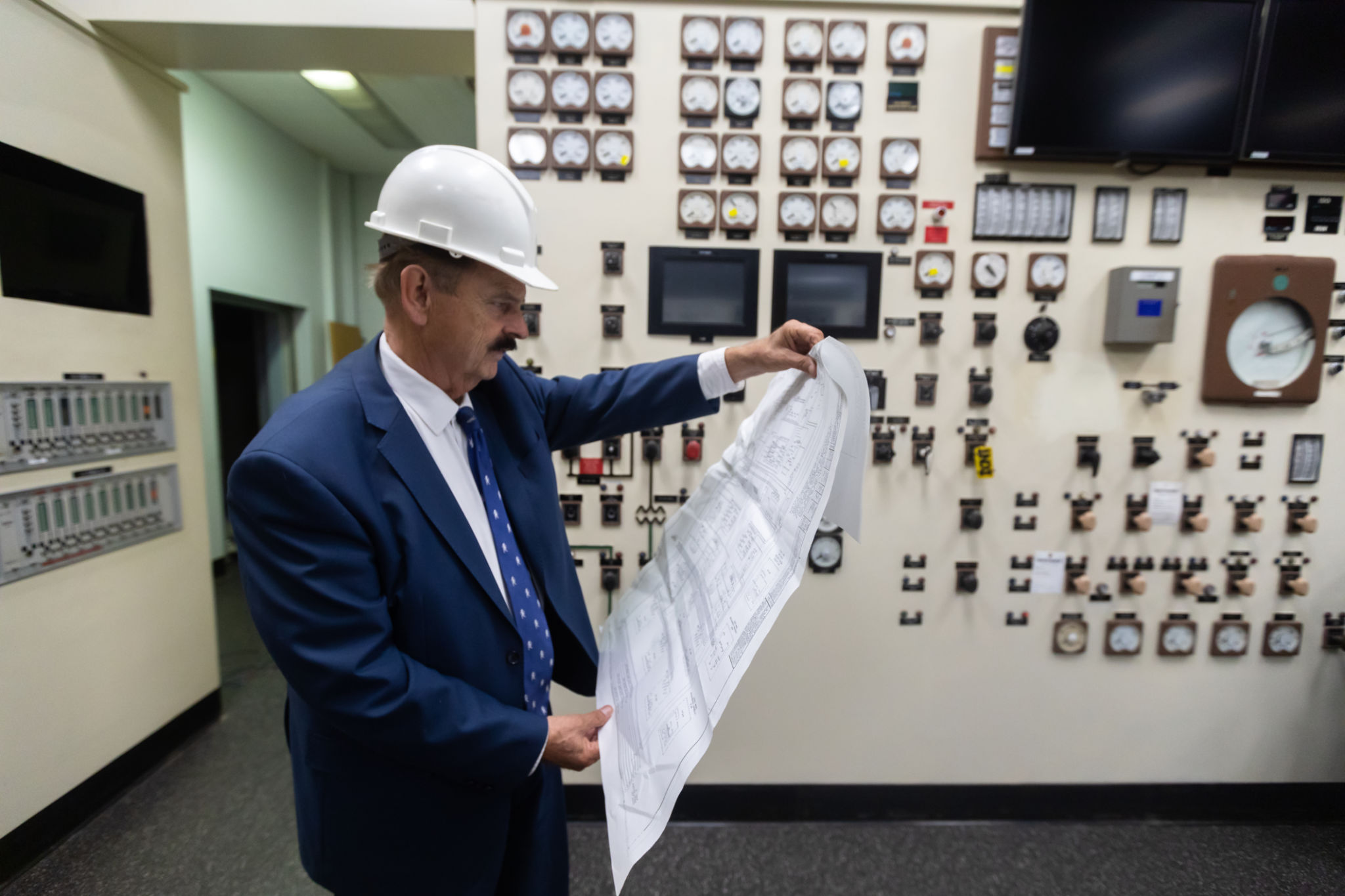The Ultimate Guide to Choosing the Right Generator for Your Home
Understanding Your Power Needs
Before diving into the world of generators, it's crucial to understand your home's power requirements. Start by listing all the essential appliances and systems you need to keep running during a power outage. These might include refrigerators, heating systems, lights, and medical equipment. Knowing your power needs will help you determine the generator's capacity, measured in watts, that you require.
Generators come in various sizes, from small portable units to large standby systems. A good rule of thumb is to choose a generator that can handle at least 20% more power than your calculated needs. This extra capacity ensures that your generator won't be overloaded, which can lead to malfunctions or damage.

Types of Generators
There are primarily two types of generators to consider: portable generators and standby generators. Each has its advantages and is suitable for different situations. Understanding the differences will help you make an informed decision.
Portable Generators
Portable generators are versatile and can be moved around as needed. They are typically fueled by gasoline or diesel and are ideal for temporary power outages or for use in remote locations. These generators are generally less expensive than standby units but require manual setup and refueling. They are a good option if you need a flexible power solution.
Standby Generators
Standby generators are permanently installed and automatically activate during a power outage. They are connected to your home's electrical system and are usually powered by natural gas or propane. While they are more expensive than portable generators, they offer the convenience of automatic operation and can power your entire home seamlessly. Standby generators are an excellent choice for those who want a reliable, hassle-free backup power source.
Fuel Options
When selecting a generator, consider the type of fuel it uses. Common fuel options include gasoline, diesel, natural gas, and propane. Each has its pros and cons:
- Gasoline: Widely available but has a short shelf life and can be challenging to store safely.
- Diesel: More efficient and has a longer shelf life than gasoline, but diesel generators can be noisier and more expensive.
- Natural Gas: Convenient for standby generators as it provides a continuous fuel supply, but not available in all areas.
- Propane: Clean-burning and has a long shelf life, but requires a storage tank and may not be as efficient as diesel.

Key Features to Consider
When choosing a generator, look for features that enhance convenience and safety. Some important features to consider include:
- Automatic Transfer Switch (ATS): This feature allows the generator to automatically switch on during a power outage.
- Electric Start: Simplifies the process of starting the generator compared to a manual pull-start.
- Noise Level: Consider a generator's noise output, especially if you live in a densely populated area.
- Portability: For portable generators, ensure they have wheels and handles for easy movement.
Installation and Maintenance
Proper installation and maintenance are crucial for the reliable operation of your generator. For standby generators, professional installation is recommended to ensure safety and compliance with local codes. Regular maintenance, such as oil changes and filter replacements, will prolong the life of your generator and ensure it's ready when needed.
For portable generators, follow the manufacturer's guidelines for setup and operation. Always run them outdoors in a well-ventilated area to prevent carbon monoxide buildup. Regularly check fuel levels and keep spare fuel on hand for extended power outages.

Choosing the right generator for your home involves careful consideration of your power needs, the type of generator, fuel options, and key features. By taking the time to evaluate these factors, you can ensure that your home remains powered and comfortable during unexpected outages. Remember, investing in a generator is not just about convenience—it's about peace of mind and safety for you and your family.